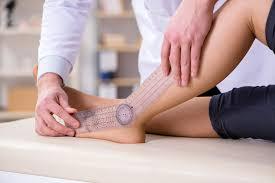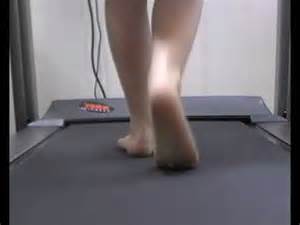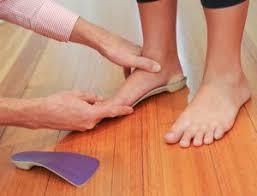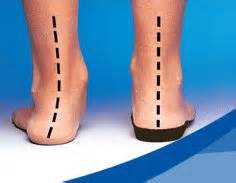1 hour Full Comprehensive Biomechanical Assessment
Full Biomechanical Assessment
Liverpool Podiatry Provide a full 1 hour biomechanical assessment and identifies whether or not your muscles, joints and nerves are working together.
The Podiatrist will examine how your body relates to and affected by the movement of your legs and feet.
Hips, back, poor posture, headaches, nerve pain and neck pain can all be attributed to problems with the feet, lower legs and poor biomechanics.
A biomechanical assessment can provide an outline of how your joints and muscles work together for gait and help diagnoses issues causing foot and lower limb pain enabling a comprehensive treatment and management plan.
In a biomechanical assessment your podiatrist will:
- Assess how you stand and walk and do a Video Treadmill Gait Analysis.
- Review and assess your current footwear and give advice on the best footwear for you.
- Check the Range of Motion, mobility and strength of your joints and muscles from your hip to your toe.
- Discuss lifestyle and physical elements that could impact on your legs and feet.
- Assess and discuss your specific symptoms do a full pain and injury history (duration/pain/sensation etc.)
- Give advice on posture improvement, stretching exercises, Strengthening Program and other treatment options and procedures.



How do you know your biomechanics is out?
Do you suffer from:
- Heel and arch pain
- Achelles Tendonitis
- Flat feet
- High arches
- Ankle sprains and injuries
- Drop Foot
- Arthritis
- Lower back pain
- Knee pain
- Poor posture, hip and nerve pain
- Skin conditions -Corns/Calluses from high pressure areas
- Poor circulation from diabetes or feet ulcers
- Clumsy gait, tripping
- Bunions
- Ingrown toenails
- Foot deformity
- Pigeon toes
- Toe walking
Treatment Plans
It’s important to ensure that our body’s biomechanics are aligned – otherwise pain and discomfort occurs.
A biomechanical assessment by our podiatrist can identify the cause and design a treatment plan to help alleviate any discomfort or symptoms you have.
After you have been examined the Podiatrist they will discuss the best way of managing your symptoms, this may include fitting customised insoles (called foot orthoses). There may be some exercises to do at home such as strengthening or stretching. And often there will be additional advice to help such as exercise or footwear.

